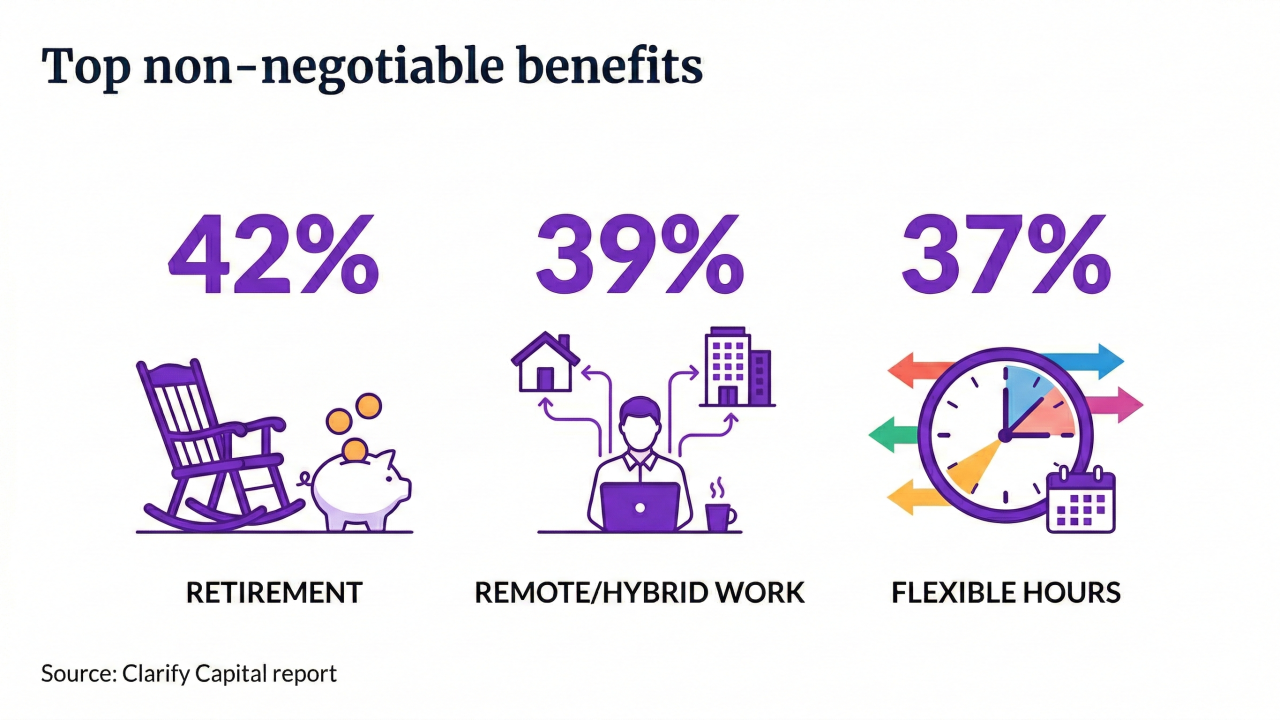New research on disease management services deflates the argument that a comprehensive program might increase health care costs because of the increased services.
Researchers at Kaiser Permanente Colorado report that health care costs for patients enrolled in a comprehensive cardiac disease management program were on average $60 less each day for an annual average of $21,900 per patient, per year, compared to those receiving standard care.
The study compared the health care expenditures associated with a group of 628 individuals enrolled in the Kaiser Permanente Collaborative Cardiac Care Service (CCCS) with 628 patients receiving standard care.
Researchers wanted to determine if CCCS, an intensive disease management program, could yield more value than usual care in terms
In the study, discharged patients with a heart disease enrolled in the program for three to six months. The program adopts evidence-based services and is built around telephone
After analyzing the data on utilization claims and electronic health records, the Kaiser team found that members participating in the disease management program had better
According to the Kaiser Permanente team, the patients in the program had an 89% reduction in overall mortality and 88% reduction in cardiac mortality, compared with patients receiving standard care. Other comparative data on health costs between the two groups include:
- Medications: $4 per day, compared to $5 per day
- Doctor’s office visits: $7 per day, compared to $8 per day
- Hospitalizations: $19 per day, compared to $69 per day
"The goal of the [disease management program] is to get patients with heart disease on the right medications and deliver needed screenings and care, so one might expect to see health care costs go up with the increased service," says Dr. Tom Delate of Kaiser Permanente Colorado, who is the study lead author.
"However, we found the opposite effect: the CCCS was able to keep patients so healthy that they were more likely to stay out of the hospital. At the end of the day, expenditures from this major cost driver were reduced," Delate adds.





